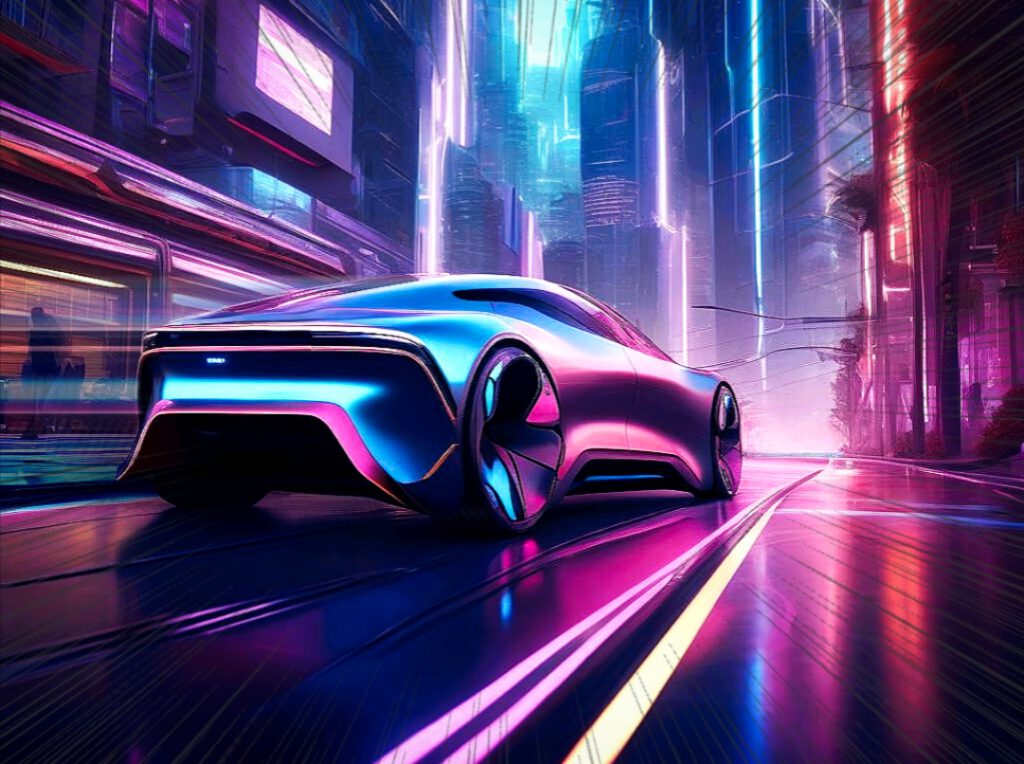Ford had ambitious plans for the introduction of electric vehicles. However, production delays, challenges with battery technology and inadequate charging infrastructure have meant that the sales figures that were originally targeted have not been achieved by far.
Volkswagen also made great efforts to position itself as one of the leading players in the field of electromobility after the diesel scandal. Despite extensive investments in the development of new models and technologies, the hoped-for high demand has not materialized. Problems in the supply chain and a slow rollout have meant that VW is struggling to remain competitive in various markets.
As always, there are different price ranges
The prices of electric cars vary considerably and range from affordable models in the lower price segment to high-priced luxury vehicles, which offers a wide choice for different budgets and needs.
1. Tesla is known for its range, performance and technological innovations. The models tend to be more expensive compared to other electric vehicles, but also offer extensive features.
2. Volkswagen has launched two mid-range models, the ID.4 and ID.3. These vehicles offer good value for money and are aimed at a wider range of buyers.
3. The Ford Mustang Mach-E and the Ford F-150 Lightning are relatively new models that have received a lot of attention. They have tried to shine with competitive prices and practical features.
4. The Hyundai Kona Electric and the Kia EV6 are often cheaper than certain luxury brands, but at the same time offer a good range and decent equipment.
5. Models such as the Skoda Enyaq iV offer good value for money and impress with solid equipment and a spacious interior design.
6. The Nissan Leaf is one of the most popular electric vehicles. It is in the lower price segment and is well suited for city driving.

One of the pioneers in the field of electromobility
A key reason for Renault‘s success in the electric sector is its wide range of affordable vehicles that are geared towards consumer needs. The Zoe was one of the best-selling electric cars in Europe and appealed to many buyers with its range, ease of use and comparatively low price.
Renault is pursuing a clear strategy and has announced that it will expand the number of its electric and hybrid models in the coming years. In addition to investing in the development of new battery technologies, it is continuously entering into collaborations with other car manufacturers and technology providers to further strengthen the French group’s position.
How BMW lost touch
Although BMW entered the market early with the i3 and i8, it was overtaken by the competition. One reason for this may have been its long-term strategy, which was simply more focused on hybrid models and powerful combustion engines. This meant that the German company did not invest enough resources in the development of competitive electric vehicles at times.
BMW is best known for its sporty and luxurious cars and there have been concerns that electric vehicles will not offer the same driving pleasure as the traditional models. With the launch of the new range of vehicles, which goes under the name “BMW i“, the company is now looking to prove that it can keep up with the electric future.
Electromobility: When is it worth buying | Market situation and competition | How is financing structured – all articles at a glance.

